Protecting Our Blue Planet: Stories of Hope for World Oceans Day
Bioneers | Published: June 4, 2025 JusticeRestoring Ecosystems Article
The ocean covers more than 70% of the Earth’s surface and is home to the majority of its wildlife. From jellyfish and giant squid to deep-sea crustaceans, sharks, sea turtles, marine mammals, and tens of thousands of fish species, its biodiversity can mystify and amaze.
The ocean produces at least 50% of the planet’s oxygen, plays a core role in regulating the climatic system, and provides food to more than a billion people while supporting the livelihoods of millions more. We truly do live on a water planet. Yet this vast, life-sustaining ecosystem faces growing threats, including overfishing, climate change, pollution and deep-sea mining. Half of coral reefs have already been destroyed, 90% of big fish populations have been depleted, and an estimated 60% of marine ecosystems have been degraded or are being unsustainably used.
To protect and restore the ocean, we must consider all its creatures and functions. In this special issue for World Oceans Day on June 8, learn about some of the people and organizations that are working to deepen our understanding of the ocean and its inhabitants, and are using that knowledge to advance conservation. Explore Project CETI’s interdisciplinary work to decode sperm whale calls; how the Safina Center is reenvisioning ocean conservation by incorporating environmental justice, story and relationship lenses; and work by the National Geographic Pristine Seas project to protect the last wild places in the ocean.
Want more news like this? Sign up for the Bioneers Pulse to receive the latest news from the Bioneers community straight to your inbox.
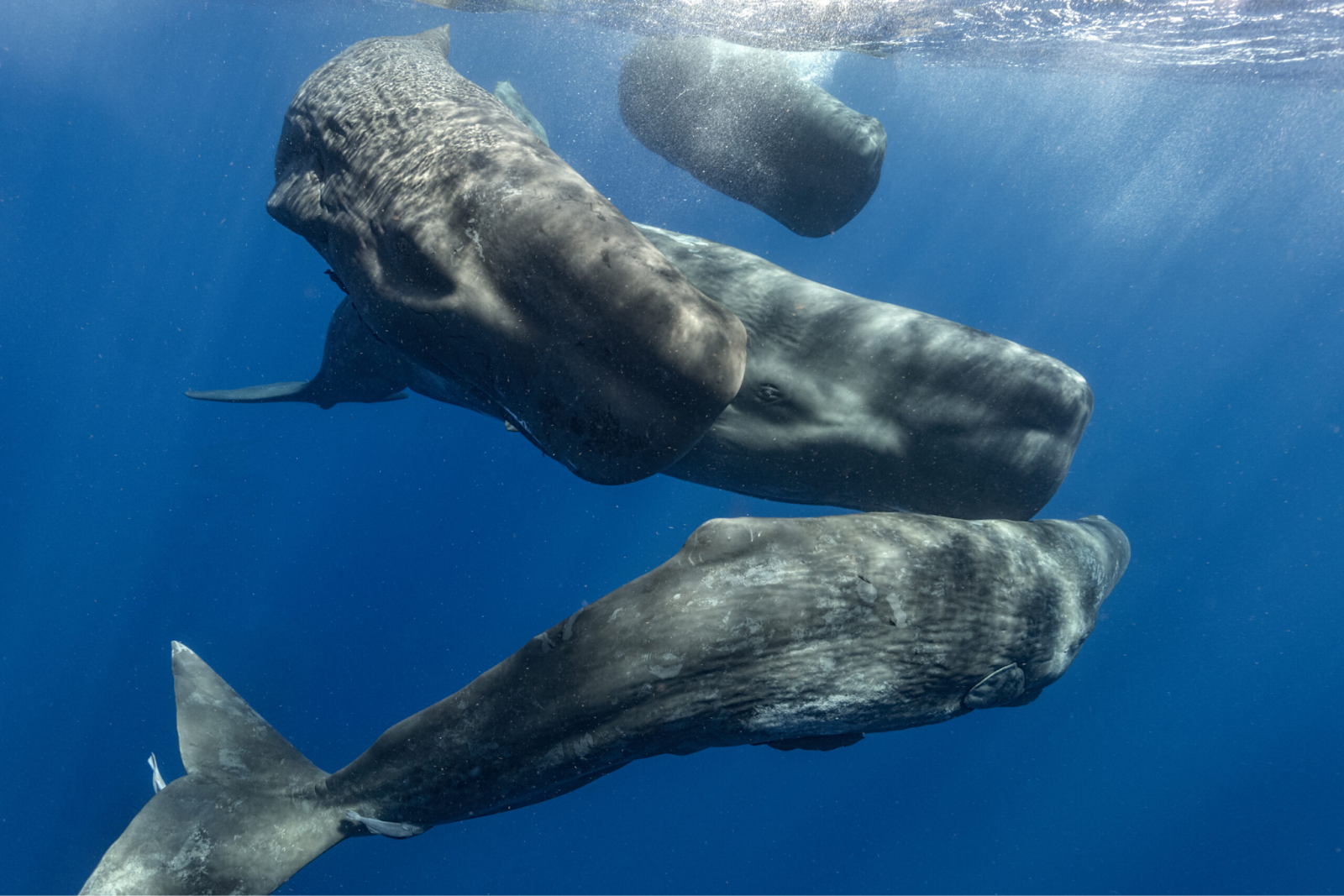
Can an Ethically Built AI Decode Whale Communications? Project CETI is Here to Find Out
What if we could understand the language of another species—one with its own culture, dialects, and deep intergenerational bonds? David Gruber, founder and President of the Cetacean Translation Initiative, or Project CETI, shares how a world-class team of scientists is using advanced machine learning and state-of-the-art gentle robotics to translate the clicks and codas of sperm whales. Plus, watch a conversation with Gruber and César Rodríguez-Garavito, an Earth Rights scholar, lawyer, and founding Director of the MOTH (More-Than-Human) Rights Program at NYU School of Law, where they discuss the innovative collaboration between the MOTH and Project CETI to establish ethical and legal guardrails that can permit us to harness the potential of these technologies while minimizing their risks. Sperm whales / Photo by Amanda Cotton
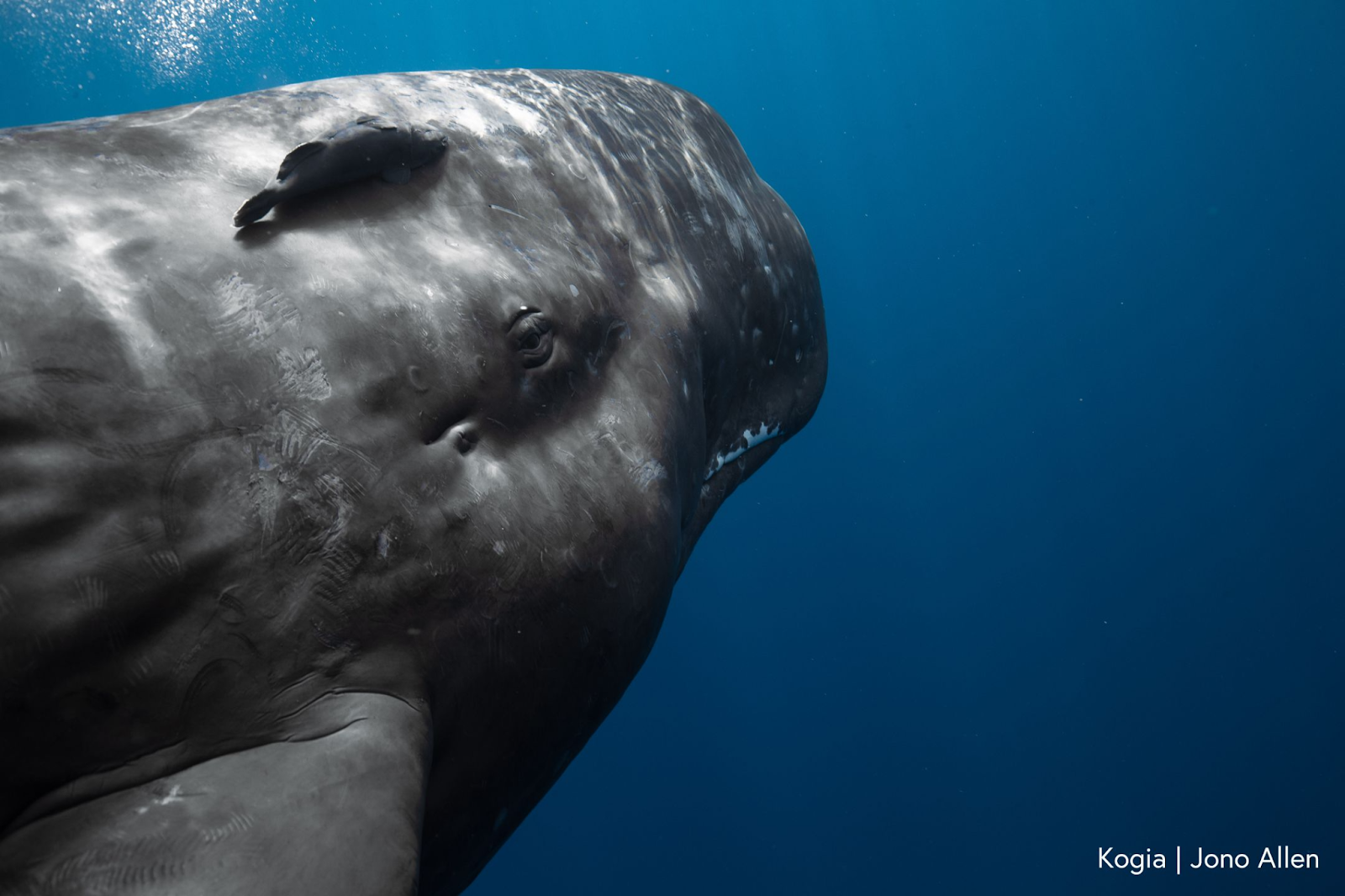
How Understanding What Whales are Saying Can Help Us Protect Oceans
In the late 1960s, scientists, including principal CETI advisor, the late Dr. Roger Payne, discovered that whales sing to one another. His recordings, “Songs of the Humpback Whale,” helped spark the Save the Whales movement, one of the most successful conservation initiatives in history. The campaign eventually led to the Marine Mammal Protection Act that marked the end of large-scale whaling and saved several whale populations from extinction. All this by just hearing the sounds of whales. Imagine what would happen if we could understand them?
In 2020, Project CETI formed as a nonprofit organization with catalyst funding from the TED Audacious Prize. CETI’s science team is made up of some of the world’s leading artificial intelligence and natural language processing experts, cryptographers, linguists, marine biologists, roboticists and underwater acousticians from a network of universities and other partners. The team listens to and translates how other species communicate, starting with the sperm whale. The mission is simple:
- Achieve breakthroughs in decoding sperm whale communication
- Share CETI’s learnings with the world
- Transform human understanding and connectivity
- Leverage CETI’s findings to protect our oceans and planet
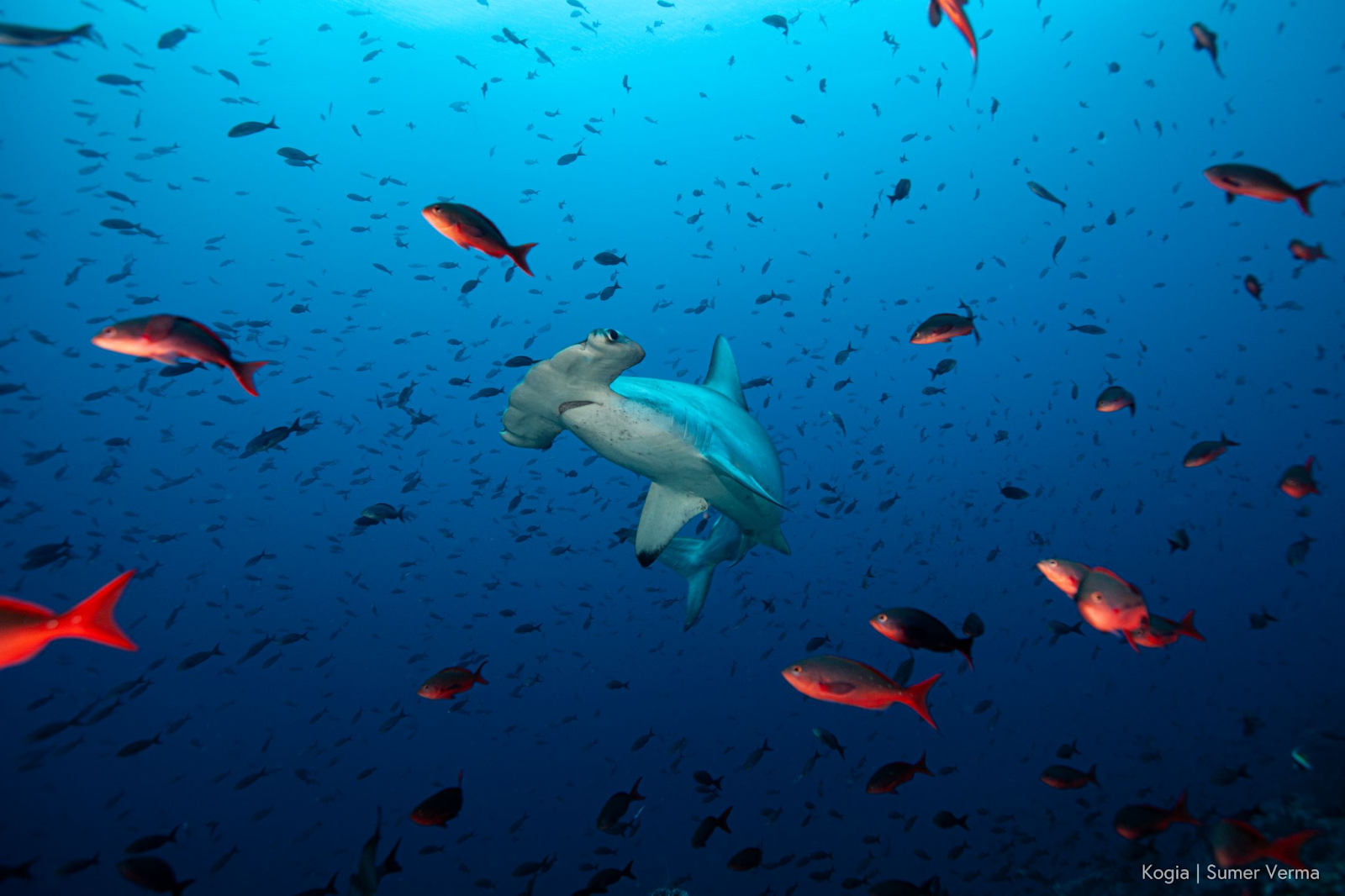
Rewriting the Rules of Ocean Conservation through Justice, Story & Relationship
As the conservation field reckons with ecological breakdown and social inequity, a growing chorus of voices is calling not only for new strategies, but for a transformation in who leads, whose knowledge counts, and how we define care for the natural world. That shift is especially visible in marine conservation, where centuries of exclusion are slowly giving way to more relational, justice-rooted approaches.
In this conversation among three Fellows of the Safina Center, the ocean becomes a lens for examining what conservation can look like when it’s guided by inclusion, storytelling, and deep community ties. Marine biologist and environmental educator Jasmin Graham shares how her work with endangered sharks and rays is shaped by local wisdom and her Gullah Geechee heritage. Danielle Khan Da Silva, a National Geographic Explorer and intersectional conservationist, discusses the power of ethical storytelling and Indigenous relationships with whales. And naturalist and captain Katlyn Taylor reflects on how firsthand experience and curiosity can spark lasting connections between people and the sea.
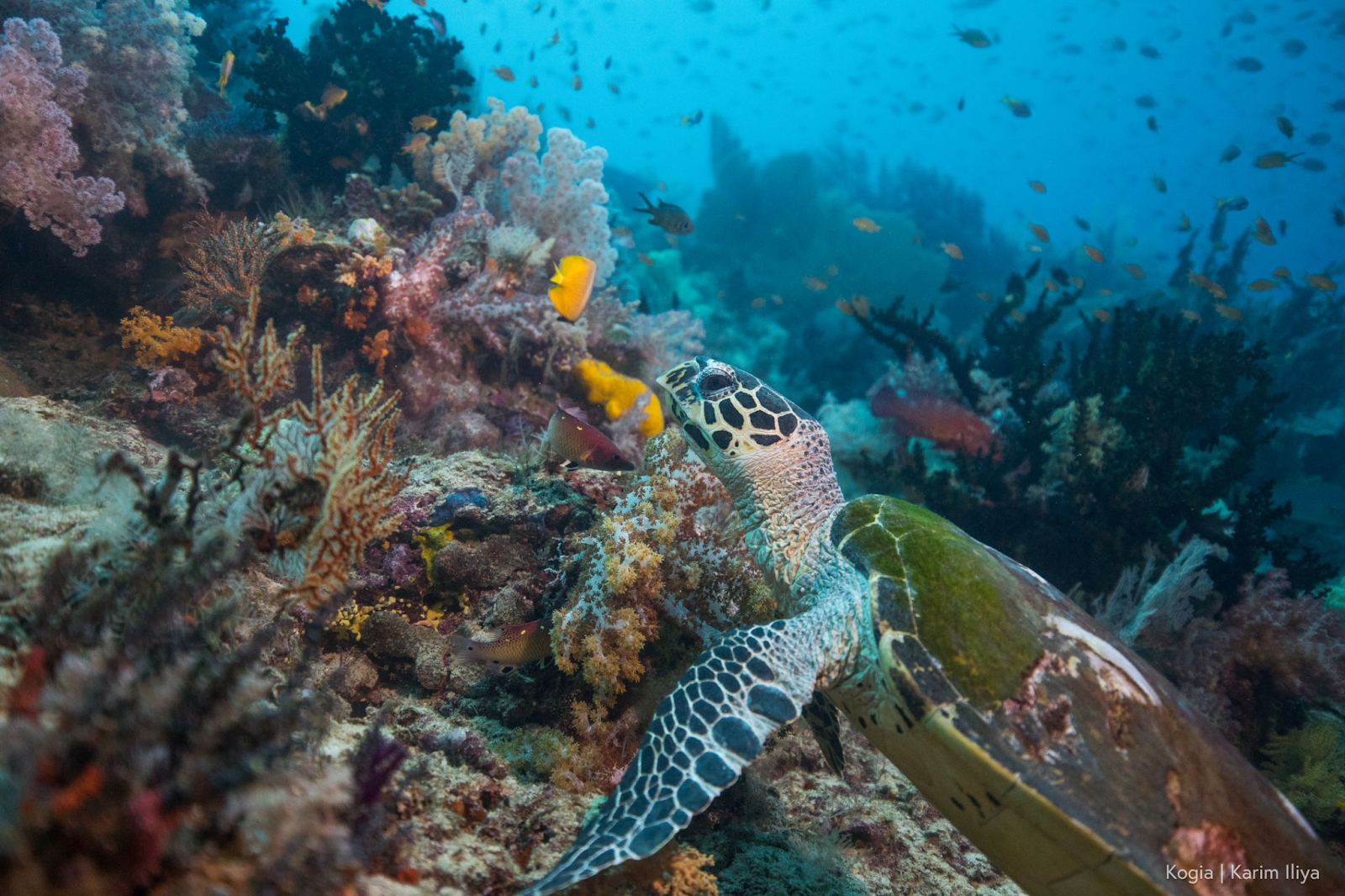
Protecting Our Life Support System: Challenges and Opportunities in Marine Conservation
Without the ocean, life would be impossible. It provides food, livelihoods for millions of people and regulates the climate. Yet today, only 8% of the ocean is somehow protected — and less than 3% is fully protected from fishing and other damaging activities. The world-renowned National Geographic Explorer in Residence Enric Sala launched the National Geographic Pristine Seas project in 2008 to explore and help inspire the protection of the last wild places in the ocean. Pristine Seas works with local communities, Indigenous peoples, government and partners to protect the ocean, but also areas that have been somehow degraded by human activities, so they can bounce back.
Made up of an extraordinary team of scientists, conservationists, filmmakers and policy experts, Pristine Seas has helped protect 6.9 million square kilometers of ocean habitat (more than twice the size of India). Partnering with 122 different organizations and agencies across 23 countries, its work has inspired the establishment of some of the largest marine reserves in the world. In this presentation, Enric discusses the vital importance of healthy oceans to humanity’s future and what Pristine Seas hopes to accomplish in the years ahead.
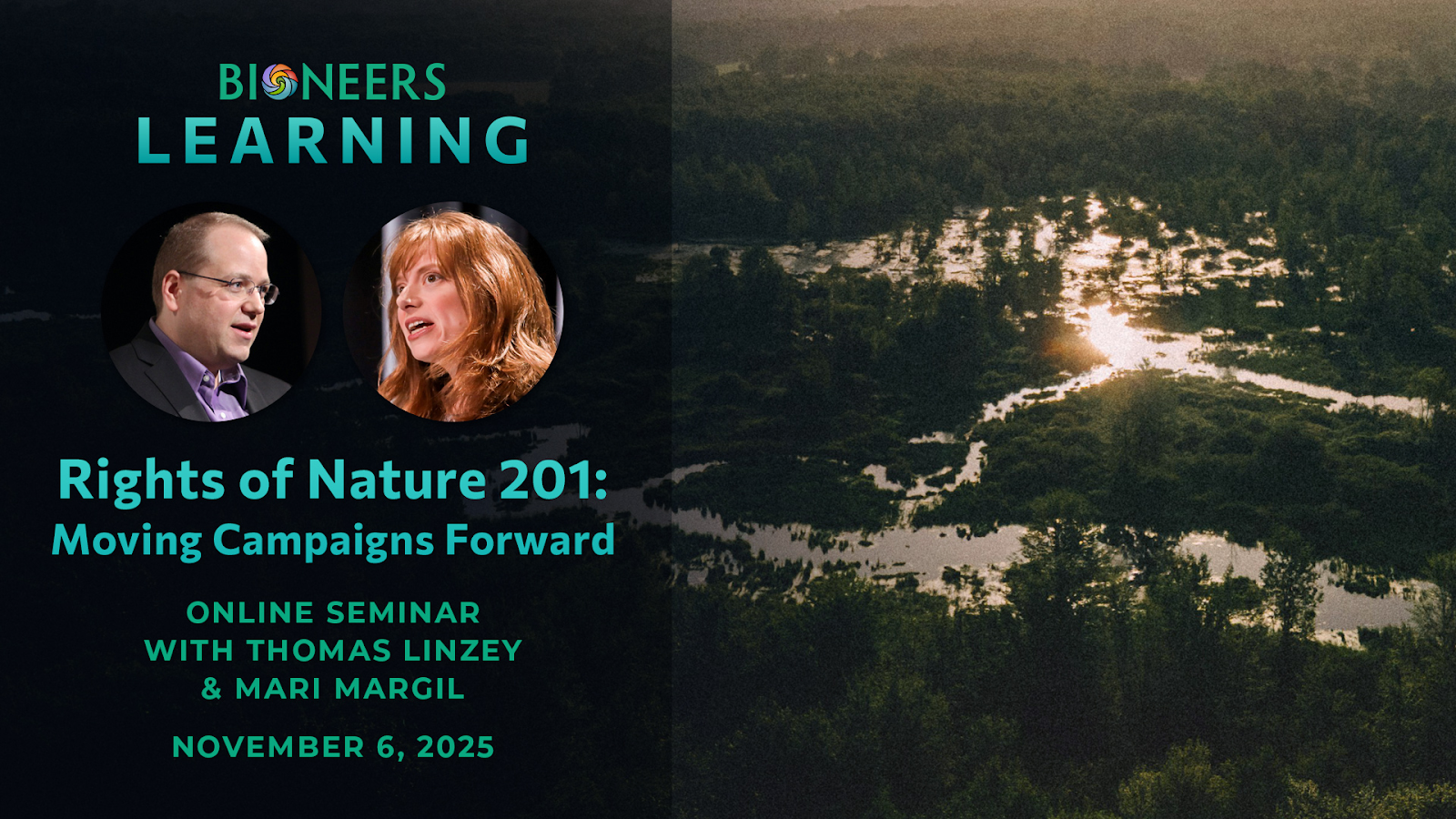
From Bioneers Learning – Rights of Nature 201: Moving Campaigns Forward
Our waters and lands need our help, but how can we work within our communities and beyond to codify the protection of nature? Rights of Nature is not just a philosophy—it’s a growing legal and cultural movement. In this three-hour interactive seminar, instructors Thomas Linzey and Mari Margil return to offer focused guidance on organizing, drafting, and advancing Rights of Nature campaigns in communities across the U.S. and around the world.
This live seminar is a deeper dive for those already familiar with Rights of Nature principles and ready to move from education into action. Designed as a continuation of Bioneers Learning’s four-week Rights of Nature course, this intensive session focuses on developing and advancing effective campaigns that push Rights of Nature laws forward—locally and beyond. Get 20% off with code VISION20 until June 15, 2025, at midnight PT.
